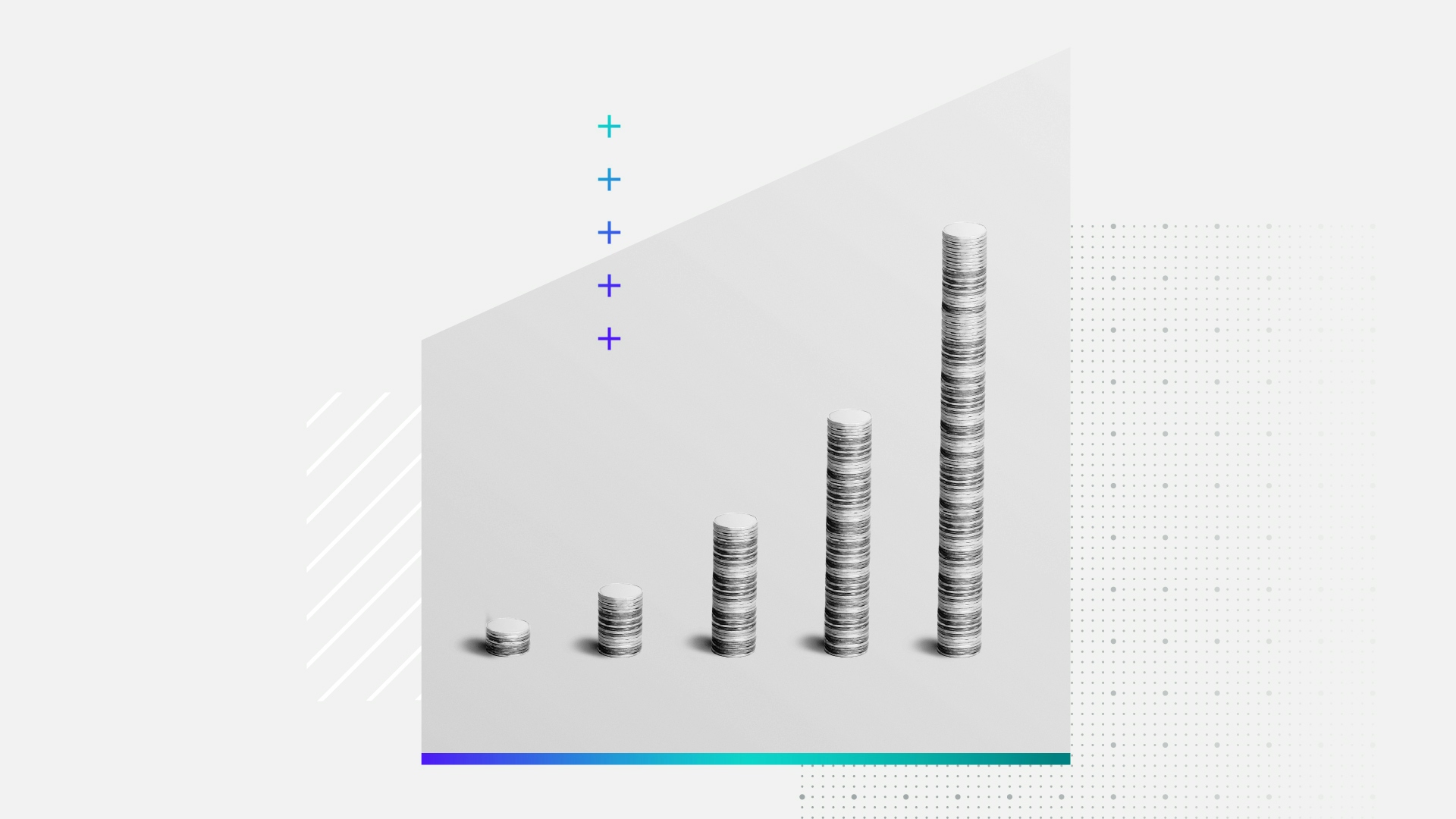Tracking Consumers’ Financial Well-Being
Each month Morning Consult polls at least 2,200 U.S. adults about how they view their personal financial situations and how this perception impacts their ability to feel secure and enjoy freedom of choice. This data is incorporated into Morning Consult’s Financial Well-Being Scale, modeled after a scale by the same name from the Consumer Financial Protection Bureau. You can learn more about Morning Consult’s scale in our methodology below.
How to read this data: The Financial Well-Being scores reflect the extent to which a person’s financial situation provides them with security and freedom of choice. Consumers’ Financial Well-Being scores can change over time, and while some score shifts may appear small, even the slightest change can be meaningful. For example, according to the CFPB, an individual’s 1-point month-over-month increase is associated with a $15,000 increase in household income, a five-year age increase or a 20-point credit score hike.
Data Downloads
Pro+ subscribers are able to download the datasets that underpin Morning Consult Pro's reports and analysis. Contact us to get access.
Financial well-being scale by key demographics
'My finances control my life'
‘Giving a gift for a wedding, birthday or other occasion would put a strain on my finances for the month’
‘Because of my money situation, I feel like I will never have the things I want in life’
‘I could handle a major unexpected expense’
‘I am securing my financial future’
Source of This Data
Methodology
Morning Consult surveys at least 2,200 U.S. adults every month on their financial health, well-being, habits and attitudes. To determine overall financial well-being, Morning Consult replicated the CFPB’s Financial Well-Being Scale and scoring methodology.
The CFPB created its Financial Well-Being Scale in 2015 for the purpose of allowing “practitioners and researchers to accurately and consistently quantify, and therefore observe, something that the respondent already has a sense of — the extent to which their financial situation and the financial capability that they have developed provide them with security and freedom of choice.” The scale includes 10 questions for gauging present and future security and freedom of choice, touching on consumers’ control over their finances, their capacity to absorb financial shocks and their trajectory to meet their financial goals.
The 10 questions were selected by the CFPB through cognitive testing, factor analysis and psychometric testing of large populations. The score used for the Financial Well-Being Scale is based on Item Response Theory (IRT) analysis, a statistical method that provides a more precise measure than a summary score.
The IRT-based scoring method allows researchers to give precise and consistent estimates for the aspects of financial well-being that have traditionally been hard to quantify, including feelings of empowerment, confidence and satisfaction. Scores can be calculated via a two-step process. First, the respondent’s self-assessment is converted to a zero-to-four scale; second, a lookup table is used to convert each total response value to the Financial Well-Being Scale based on the respondent’s age group.
About Morning Consult
Morning Consult is a global decision intelligence company changing how modern leaders make smarter, faster, better decisions. The company pairs its proprietary high-frequency data with applied artificial intelligence to better inform decisions on what people think and how they will act. Learn more at morningconsult.com.
The authors would like to thank Charlotte Principato and Jaime Toplin for their contributions to this research.
Email [email protected] to speak with a member of the Morning Consult team.

